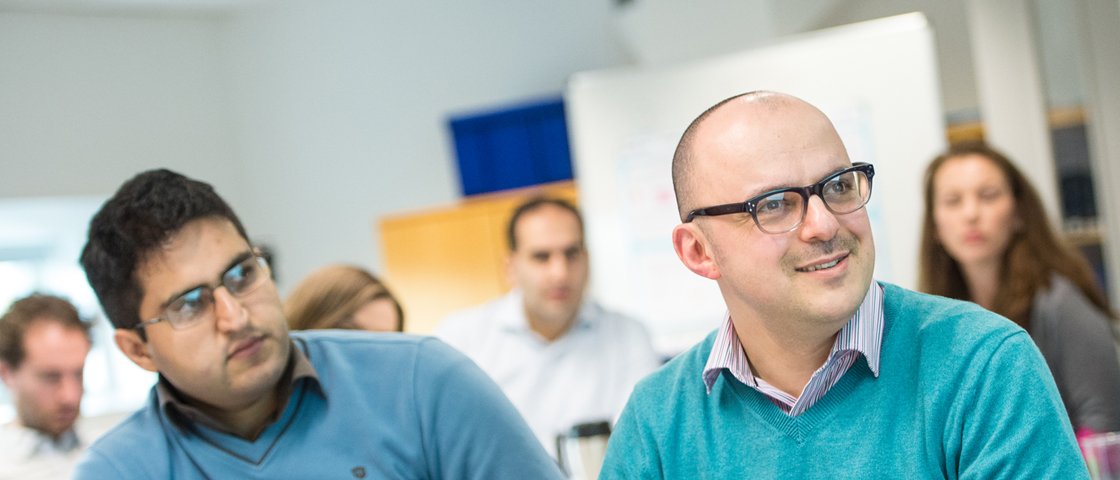Mechanical engineering sciences
Mechanical engineers figure out how things fly, float, drive, spin, hover, move, and they develop innovative engineering solutions to complex medical problems. Surrey students get access to cutting-edge facilities including our state-of-the-art Design Centre, Flight Simulator and the UK’s only environmental wind tunnel – no wonder we're ranked 6th in the UK for overall student satisfaction* in mechanical engineering in the National Student Survey 2025.
*Measured by % positivity across all questions for all providers listed in the Guardian University Guide League Tables.
Accreditation
All our courses are accredited by the Institution of Mechanical Engineers, with our aerospace engineering course accredited by the Royal Aeronautical Society and our biomedical engineering accredited by the Institution of Engineering and Technology.
Why study mechanical engineering?
Our engineering courses offer practical experience that can be applied in the real world through our Professional Training placements.
Developing your employability
96% our undergraduate students go on to employment or further study*
*Graduate Outcomes 2024, HESA.
Students and graduates
Research centres and groups
Developing your employability
90 per cent of our postgraduate students go on to employment or further study*
*Graduate Outcomes 2023, HESA.

Research centres and groups
Research excellence
The Research Excellence Framework (REF 2021) ranked engineering 15th in the UK for *research power
Developing your employability
100 per cent of our research graduates go on to employment or further study**
*Research power is the overall quality of submissions, calculated by grade point average and multiplied by the full-time equivalent number of staff submitted.
**Graduate Outcomes 2023, HESA.
Research centres and groups
Doctoral Training Centre




















